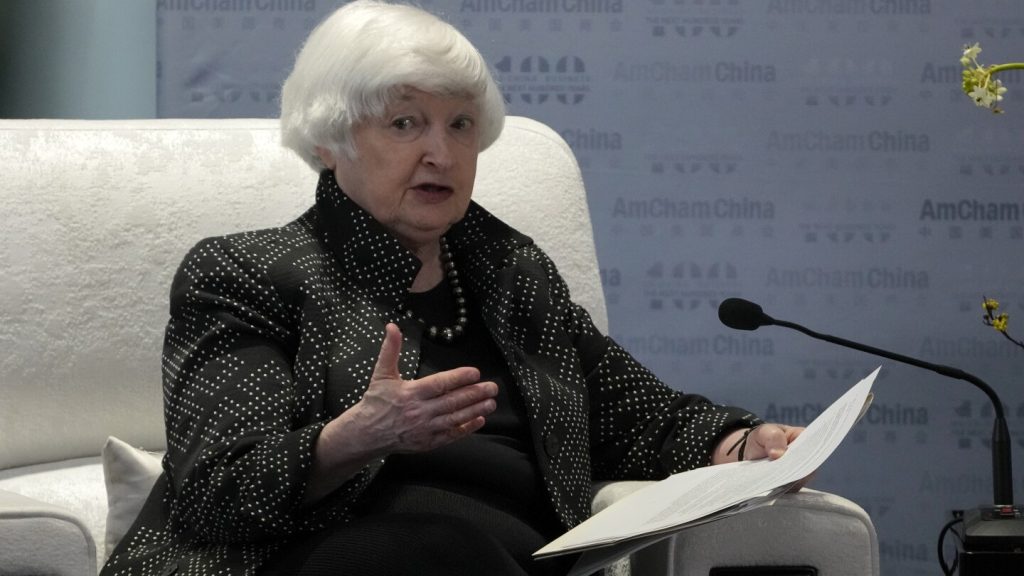The Bangkok-based plastics firm, SCG Plastics Co., has agreed to pay $20 million to settle with the U.S. over 467 violations of Iran sanctions. The firm used U.S. banks to process $291 million in sales of Iranian high-density polyethylene resin from 2017 to 2018. This resin was manufactured by an Iranian joint venture partially owned by SCG Plastics’ parent company and the National Petrochemical Company of Iran, a government entity. SCG Plastics used shipping and documentation practices to obfuscate the product’s Iranian origin, causing banks to unknowingly violate OFAC’s sanctions on Iran.
The violations resulted in significant economic benefits being conferred to Iran’s petrochemical sector, a major revenue generator for the Iranian regime. As a result, OFAC fined SCG Plastics $20 million for the violations, which the firm must pay within 90 days. Although SCG Plastics is no longer in operation, the signed agreement between OFAC and the firm releases it from any liability related to the sanctions violations. The fines come as U.S. administration officials have announced plans to impose more sanctions on Iran after an attack on Israel that could escalate tensions in the Middle East.
On Thursday, the U.S. and U.K. imposed a new round of sanctions on Iranian individuals and firms associated with drone production. Treasury Secretary Janet Yellen stated that the U.S. will continue to deploy its sanctions authority to counter Iran with further actions in the coming days and weeks. The U.S. has been actively enforcing sanctions, including levying historic fines and exposing sanctions evasion schemes and networks to make it harder and costlier for Iran to engage in destabilizing behavior.
The settlement between SCG Plastics and OFAC highlights the strict enforcement of sanctions by the U.S. government to deter companies from violating regulations related to Iran. By holding SCG Plastics accountable for its actions, the U.S. aims to send a clear message to other firms that sanctions evasion will not be tolerated. The fines imposed on the plastics firm serve as a reminder of the consequences of engaging in transactions that benefit sanctioned entities and sectors.
The use of U.S. banks in processing transactions related to Iranian products demonstrates the importance of financial institutions in upholding sanctions policies. Banks must exercise due diligence to ensure that they are not facilitating transactions that violate OFAC regulations. The case of SCG Plastics serves as a cautionary tale for companies and financial institutions engaging in international trade to be vigilant about the origins and parties involved in their transactions to avoid running afoul of sanctions laws.


